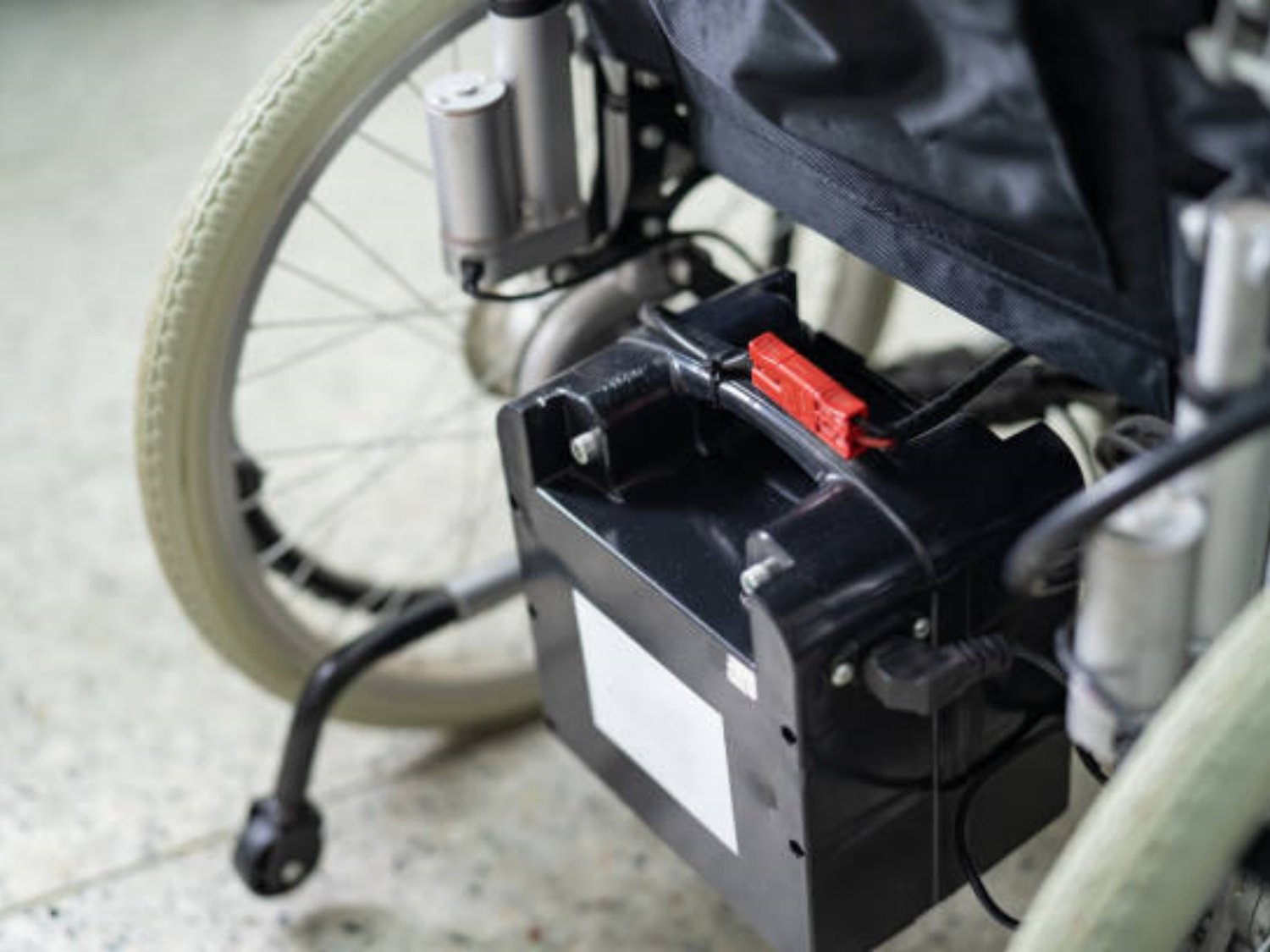Introduction
Lithium batteries have become increasingly popular due to their high energy density, longer lifespan, and stable performance. However, they require a battery management system (BMS) to ensure their safety, efficiency, and longevity. Can you use a lithium battery without BMS? In this article, we’ll explore the pros and cons of doing so.
What is a BMS?
A BMS is an electronic system that monitors and controls the charging, discharging, and balancing of a lithium battery. It protects the battery from overcharging, over-discharging, over-current, and other hazards that can damage the battery or cause safety issues. It also ensures that the cells in the battery pack are properly balanced in terms of their voltage and capacity.
What Happens if You Use a Lithium Battery Without BMS?
If you use a lithium battery without BMS, you expose yourself to several risks. First, the battery may be overcharged, which can cause the cells to swell, leak, or even catch fire. Second, the battery may be over-discharged, which can damage the cells and reduce their capacity. Third, the cells in the battery pack may become unbalanced, which can cause some cells to be overcharged and others to be undercharged, leading to reduced performance and lifespan.
Can You Use a Lithium Battery Without BMS in Some Cases?
Yes, there are some cases where you can use a lithium battery without BMS, but they are rare and specific. For example, if you have a single cell lithium-ion battery that has a built-in protection circuit, you might be able to use it without BMS. However, you still need to be careful not to overcharge, over-discharge, or short-circuit the battery.
Pros of Using a Lithium Battery Without BMS
The only advantage of using a lithium battery without BMS is that it can be cheaper and more straightforward. Without BMS, the battery pack can be simpler and less expensive to manufacture, maintain, and repair. Moreover, it can be easier to customize the battery pack for specific applications.
Cons of Using a Lithium Battery Without BMS
The disadvantages of using a lithium battery without BMS far outweigh the advantages. First, it’s unsafe and unreliable. Without BMS, the battery can malfunction or fail, causing damage to the equipment, property, or people. Second, it’s inefficient and wasteful. Without BMS, the battery may not deliver its full capacity, resulting in reduced performance and lifespan. Third, it’s non-compliant and illegal. Many countries and regions have regulations that require BMS for lithium batteries.
How to Choose the Right BMS for Your Lithium Battery
If you want to use a lithium battery with BMS, you need to choose the right BMS based on your battery’s characteristics and your application’s requirements. Here are some factors to consider: battery chemistry, voltage and capacity, charging and discharging rates, temperature range, communication protocol, and protection features.
How to Install and Use BMS with Your Lithium Battery
Once you have chosen the right BMS, you need to install and use it properly to ensure its effectiveness and safety. Make sure you follow the manufacturer’s instructions and guidelines for wiring, setting, and testing the BMS. Also, monitor and maintain the BMS regularly to detect any issues and address them promptly.
Conclusion
In conclusion, can you use a lithium battery without BMS? Technically, yes, but it’s not recommended or feasible in most cases. Without BMS, you risk losing the benefits of the lithium battery and exposing yourself to safety and performance issues. Therefore, it’s crucial to use BMS with lithium batteries for your own sake and others’. Lithium battery, BMS, safety, efficiency, lifespan, overcharging, over-discharging, balancing, hazards, voltage, capacity, protection circuit, manufacturing, maintenance, repair, customization, reliability, compliance, efficiency, capacity, performance, installation, wiring, testing, monitoring, safety issues Can I Use a Lithium Battery Without BMS? Pros and Cons Explore the pros and cons of using a lithium battery without BMS. Learn about the risks, benefits, and limitations of using BMS with lithium batteries. Find out how to choose, install, and use the right BMS for your lithium battery.

